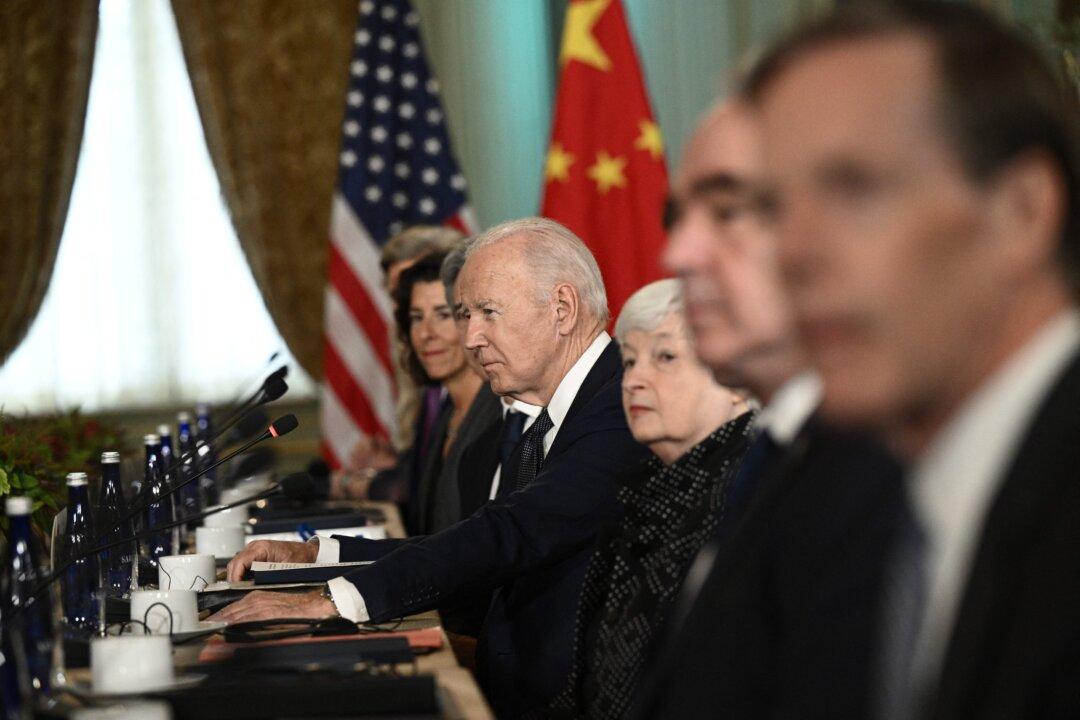Commentary
Chinese Communist Party (CCP) leader Xi Jinping is now starkly aware that he is facing the end of his rule and has turned to U.S. President Joe Biden to save him.

Chinese Communist Party (CCP) leader Xi Jinping is now starkly aware that he is facing the end of his rule and has turned to U.S. President Joe Biden to save him.